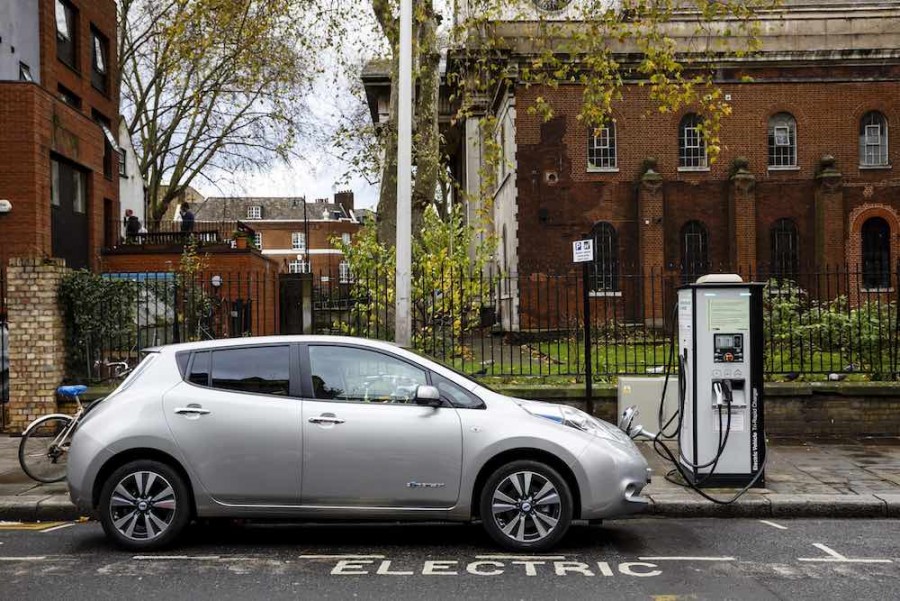What's the news?
The EU is on the verge of compelling car makers to dramatically increase the number of electric cars that they sell. In a vote yesterday, the EU Parliament's environment committee agreed targets of 20 per cent of sales for 2025, and 40 per cent of sales by 2030, for battery vehicles. Not all fully-electric vehicles, mind. Some of the target can be 'Ultra Low Emissions Vehicles' (ULEVs) which basically means plug-in hybrids.
On top of that, the committee also proposed that the target for reducing Co2 emissions from petrol and diesel vehicles should be strengthened. Currently, it's set to be a 15 per cent reduction, by 2025, from current levels, but the committee is now recommending that should be increased to 20 per cent, and then from 30 per cent to 45 per cent for 2030.
Julia Poliscanova, clean vehicles manager at pressure group Transport & Environment said: "The Environment Committee has done what the Commission failed to do: propose ambitious car and van Co2 reductions and close testing loopholes so emissions cuts happen on the road too, and not only in labs. The vote shows that MEPs recognise the benefits to drivers, jobs, the climate and the air we breathe of a faster shift to electric cars. The targets are, however, less than the 60 per cet needed to reduce transport emissions in line with the EU's Paris climate commitments."
The committee has already toughened its stance on some aspects of the clean vehicles bill, having rejected outright the EU Commission's recent proposal on emissions reductions, a month before the parliament votes on them. A long-term target of zero emissions from new vehicles by 2040 has been proposed, and a rejection of suggestions that biofuels should be given extra status.
Julia Poliscanova added: "The committee has wisely proposed that new cars should be zero emission by 2040 to send a long-term signal to the industry. MEPs also acknowledged the right place to promote low-emission fuels is the Renewable Energy Directive."

